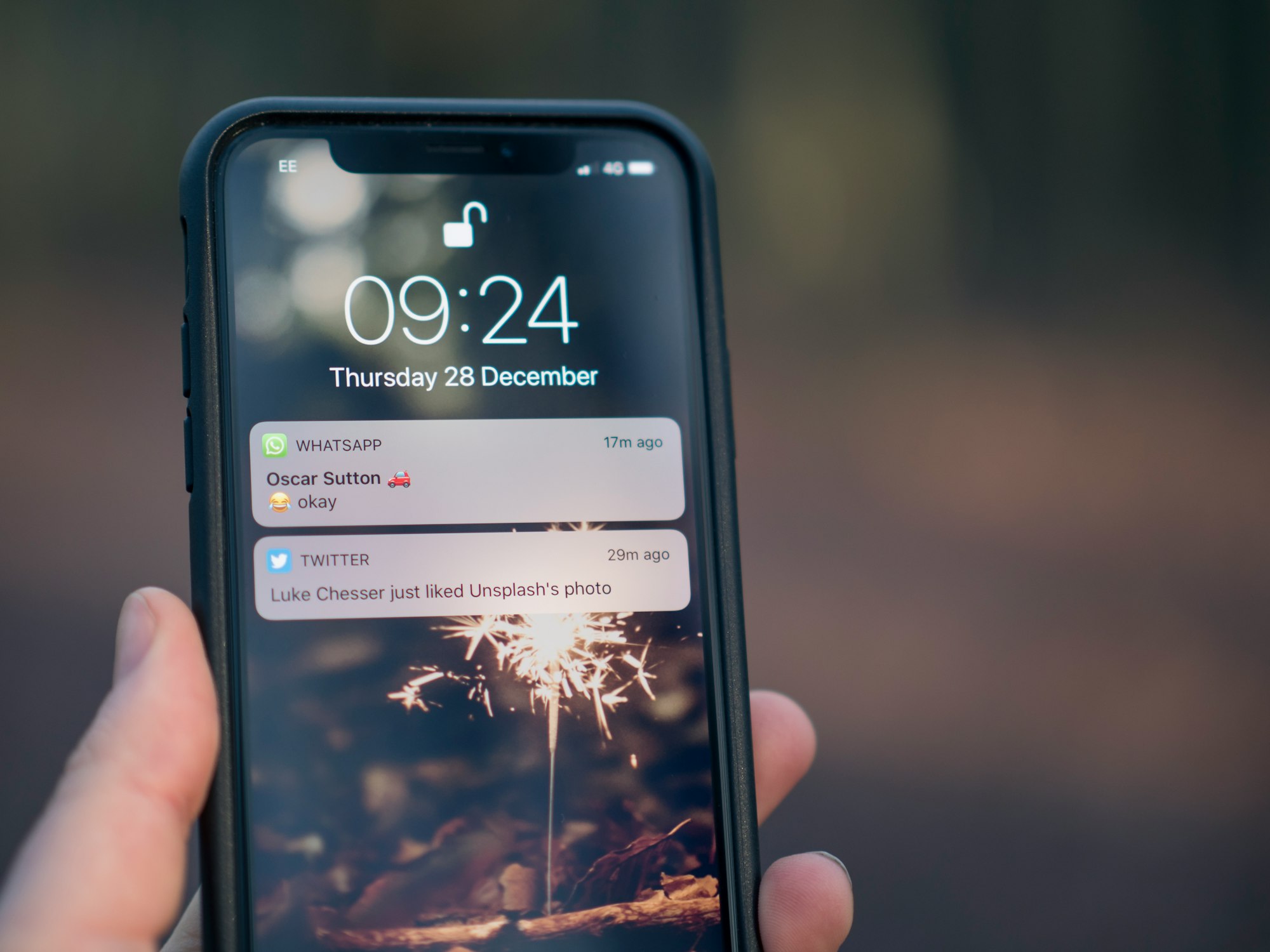WhatsApp Set to Enable Messaging and Calls with Third-Party Apps by 2025
Which means that, users may soon be able to chat with contacts on Telegram or Viber directly from WhatsApp and vice versa.
One of WhatsApp's biggest appeals, particularly in Europe, Africa, and Asia, is its platform-agnostic nature. Users never need to worry whether their friends have an iPhone or Android device—WhatsApp connects them seamlessly.
Now, Meta is taking this convenience a step further – thanks to pressure from the European Union's Digital Markets Act (DMA) – allowing users to communicate with friends and family on third-party apps like Signal, Telegram, or iMessage—without needing to download those apps.
Meta in a recent blog post shared its update on how to make its messaging platforms more interoperable with third-party apps. This means that users may soon be able to chat with contacts on Telegram or Viber directly from WhatsApp and vice versa.

This update comes after the DMA required Meta to open its messaging services to other platforms back in 2022. The DMA, which came into effect in 2022, requires large tech companies like Meta to open up their platforms to competition.
This is part of the same Digital Markets Act that made Apple adopt the RCS standard for iMessage, allowing for better communication between iPhone and Android users. However, it seems that WhatsApp’s changes could potentially extend beyond Europe.
In the blog post, the Mac Zuckerberg-led company shared an update on what the user experience will look like and the features available for third-party messaging services.
First, WhatsApp and Messenger users will get notifications informing them when third-party apps become compatible, allowing them to opt-in.
They’ll then be able to choose which third-party services they want to integrate and can either keep those chats in a separate folder or merge them into their main inbox for convenience.
Meta also intends to bring "rich messaging functions" such as reactions, replies, typing indicators, and read receipts, to these third-party chats, although the timeline for these additions remains unclear.
By 2025, Meta plans to expand the service to include group chat functionality for third-party apps. In 2027, voice and video calling will be added, providing a more comprehensive experience across different messaging platforms.
It's a move that could revolutionize how the 3.8 billion users across Meta platforms—Facebook, Instagram, WhatsApp, and Messenger communicate. If Meta can pull it off, it could help to break down the silos that have long characterized the digital communications landscape.
But, of course, it’s not without challenges. Meta will need to ensure secure end-to-end encryption across all platforms, which is no small task. And then there's the question of whether other major messaging players, like Telegram and Viber, will cooperate.









